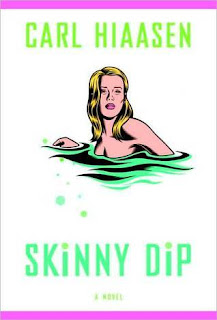This third book in the Lucian Wing series is as good as its predecessors, which is high praise. It can easily be read as a stand-alone book, but I’d recommend reading All That I Have and Old Number Five first in order fully to appreciate the characters – and also because they’re terrific.
This time, Lucian is made aware of a couple of young runaways in his area who are being sought by some very serious people who work for the girl’s mega-rich father. As ever, Lucian goes about his “sheriffing” in a dogged, pragmatic and honourable way as some quite heavy (and some rather comic) events unfold. It’s a good, gripping tale in which things happen quite slowly but in a very involving way.
As always, it is Lucian’s narrative voice which makes this special. There are some echoes of Cormac McCarthy in the solid, laconic style which paints such a vivid picture of the country and the characters in it – although it is also very funny in places. This is just one of Lucian’s meditative gems to give a flavour:
“In my line of work, you can’t usually make a bad thing good, or even mucch better than it was; but sometimes you can make a bad thing go be bad someplace else for a while. If you can get that, I say, take it.”
(I would say, by the way, that there are a couple of major personal issues which arose in the last book which are simply not referred to here: Deputy Olivia Gilfeather isn’t even referred to, and nor is the somewhat vital matter of Lucian’s immediate ancestry. I found that a pity, but it didn’t spoil my enjoyment of the book at all.)
I have loved all of these books and am delighted to have discovered them. They are all a joy to read and I can recommend Children Of The Valley very warmly.




































